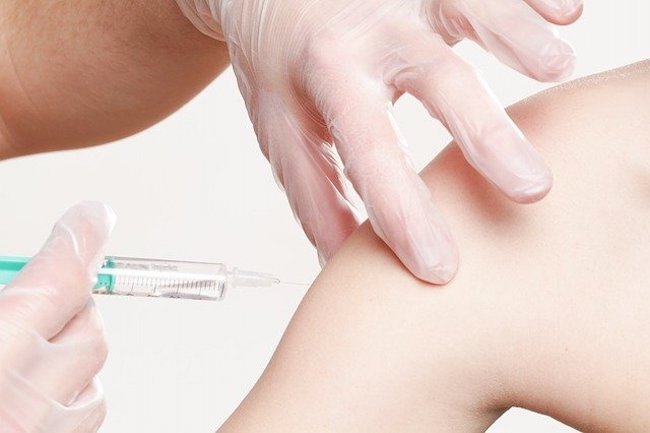No, mRNA Covid vaccines do not offer long-term protection from serious illness by Alex Berenson – SubStack
Data from the Dutch government show the opposite – after seven months they substantially RAISE the risk of hospitalization and intensive care
mRNA vaccine advocates have one final defense against the failure of their billion-person experiment.
Okay, the shots won’t stop you from getting Covid. Or spreading it. Or having symptoms.
But they will stop you from getting very sick, and that protection lasts long after they stop working against infection.
Only it doesn’t.
Not against Omicron, anyway. And Omicron is only variant that matters now, since it’s the only variant that exists now.
An official government report from the Netherlands earlier this month has the truth.
On July 5, the RIVM – a research institute that is part of the Dutch Ministry of Health – reported a basic two-dose Covid vaccination offered no protection against Covid hospitalization. Worse, vaccinated people were 20 percent more likely to need intensive care than the unvaccinated.
“There was hardly any visible protective effect of the COVID-19 basic vaccination series against hospital and ICU – intensive care- intake,” the researchers wrote (understating the case).
—
The topline figures are bad enough.
The report is based on hospitalizations across the Netherlands from March 15 through June 28, not a small sample. And like the United States, the Dutch relied overwhelmingly on mRNA vaccines from Pfizer and Moderna – the supposed gold standard for Covid shots.
But the details in the report are even more disturbing.
The researchers stratified the risks of hospitalization and intensive care by time from vaccination and the age of the infected person – and those show that the risks increase over time.
After seven months, vaccinated people in their fifties and sixties had a 68 percent higher risk of being hospitalized for Covid compared to the unvaccinated. They had a 41 percent higher risk of needing intensive care.
The trends were similar for people 70 and over, though most of them had been boosted or received a fourth shot, so comparisons were harder to make.
(Negative vaccine effectiveness, it’s a thing. A very bad thing.)




